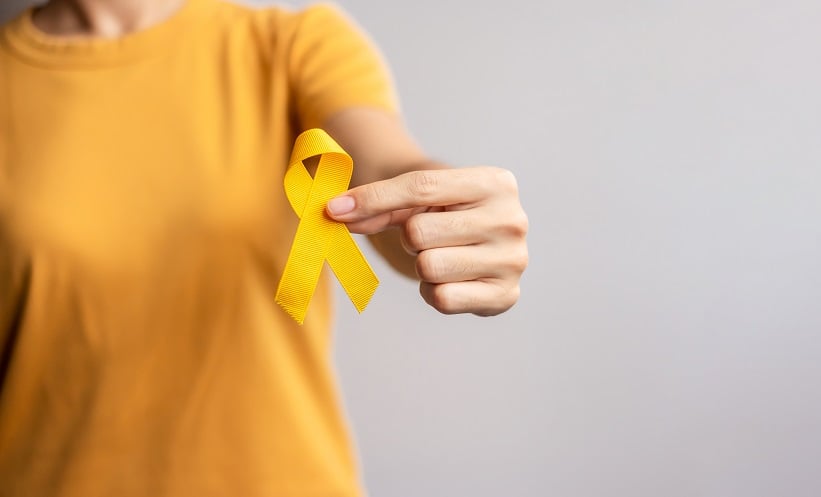Recent analysis from the National Cancer Database (NCDB) reveals a significant uptick in immunotherapy (IO) use for advanced kidney and bladder cancers, yet stark disparities persist across socioeconomic and racial lines. From 2015 to 2020, researchers examined over 26,000 patients diagnosed with stage IV clear cell renal cell carcinoma (ccRCC) and urothelial carcinoma (UC). While 34% of ccRCC patients and 21.5% of UC patients received IO therapy, factors like education level, income, and insurance status were crucial in determining access.
The study found that patients treated at non-academic medical facilities were less likely to receive these advanced therapies. Notably, Black and Hispanic patients with ccRCC were found to have lower rates of IO utilization, with odds ratios of 0.77 and 0.73 respectively. However, similar racial disparities were not observed in UC patients.
Despite the demonstrated survival benefits of IO, these findings underscore the urgent need to identify and address barriers preventing equitable access to treatment. Researchers emphasize that interventions targeting income disparities, educational outreach, and improved insurance coverage are critical for ensuring all patients benefit from advancements in cancer care.
As immunotherapy continues to evolve, addressing these disparities will be essential to achieving health equity in oncology. The study serves as a call to action for healthcare providers and policymakers to implement strategies that bridge the gaps in cancer treatment access.
Reference
Holland L et al. Socioeconomic and Demographic Disparities in Immunotherapy Utilization for Advanced Kidney and Bladder Cancer. Clinical-Kidney cancer. 2024;42(11):e11-20.








